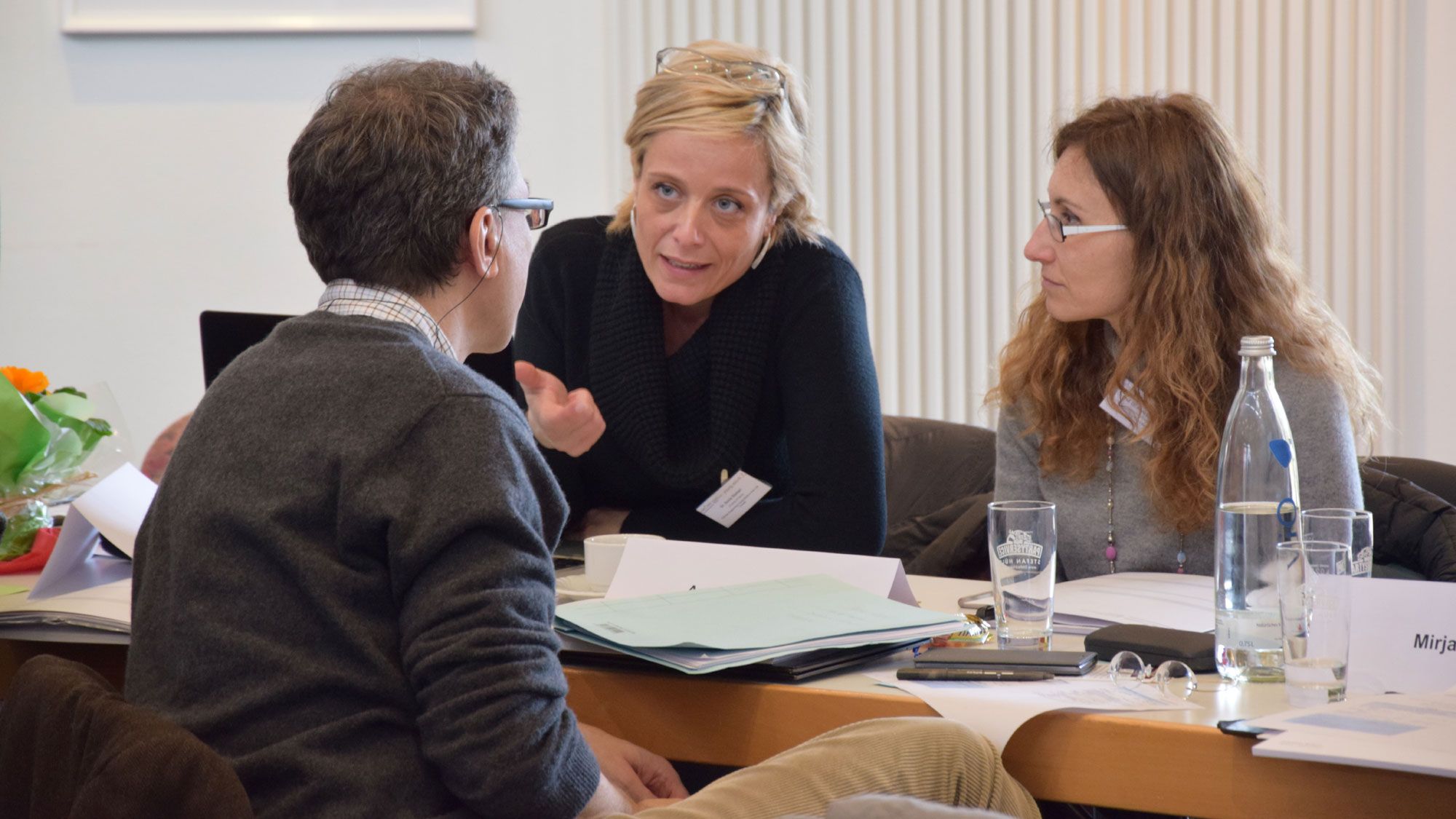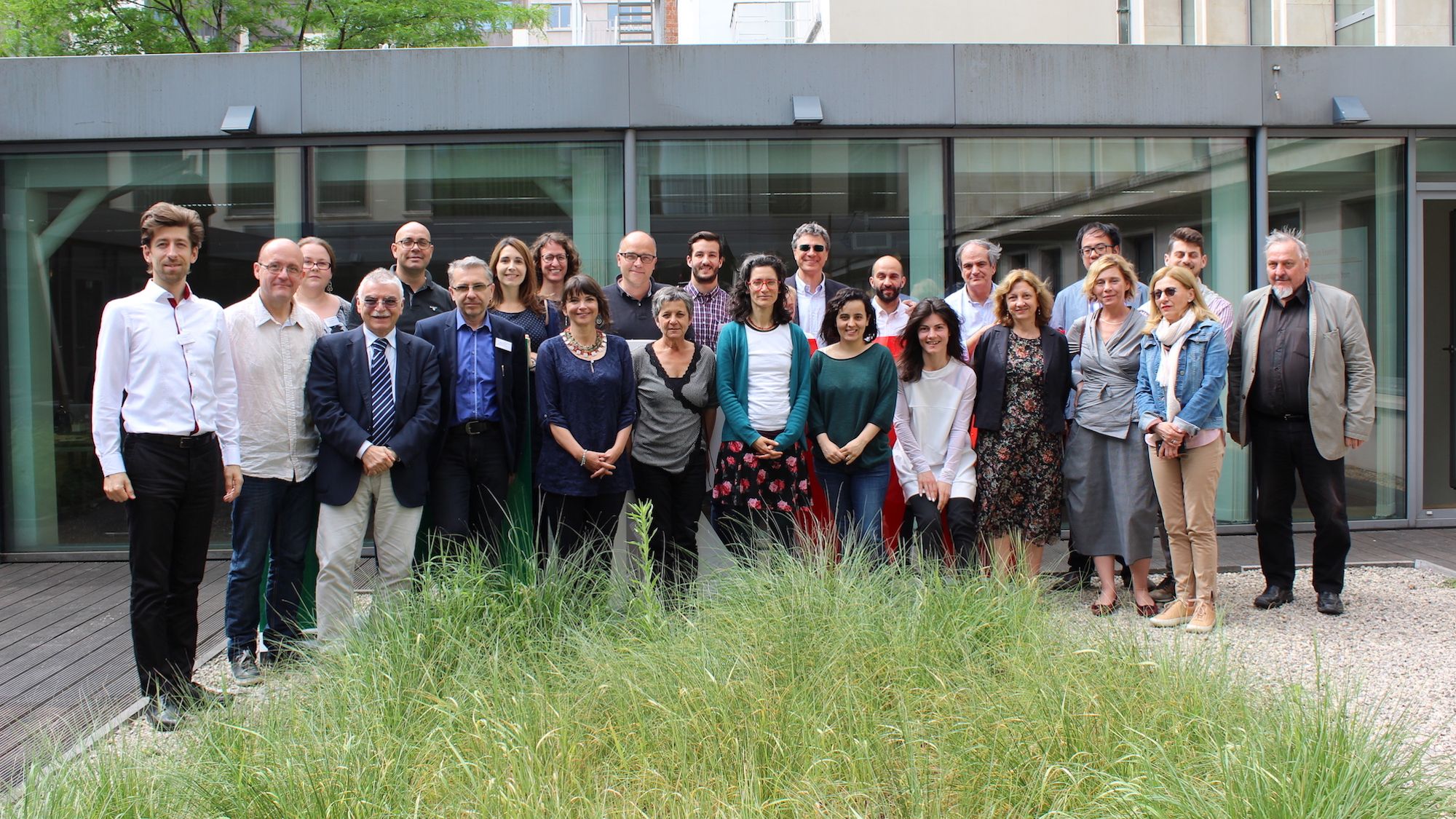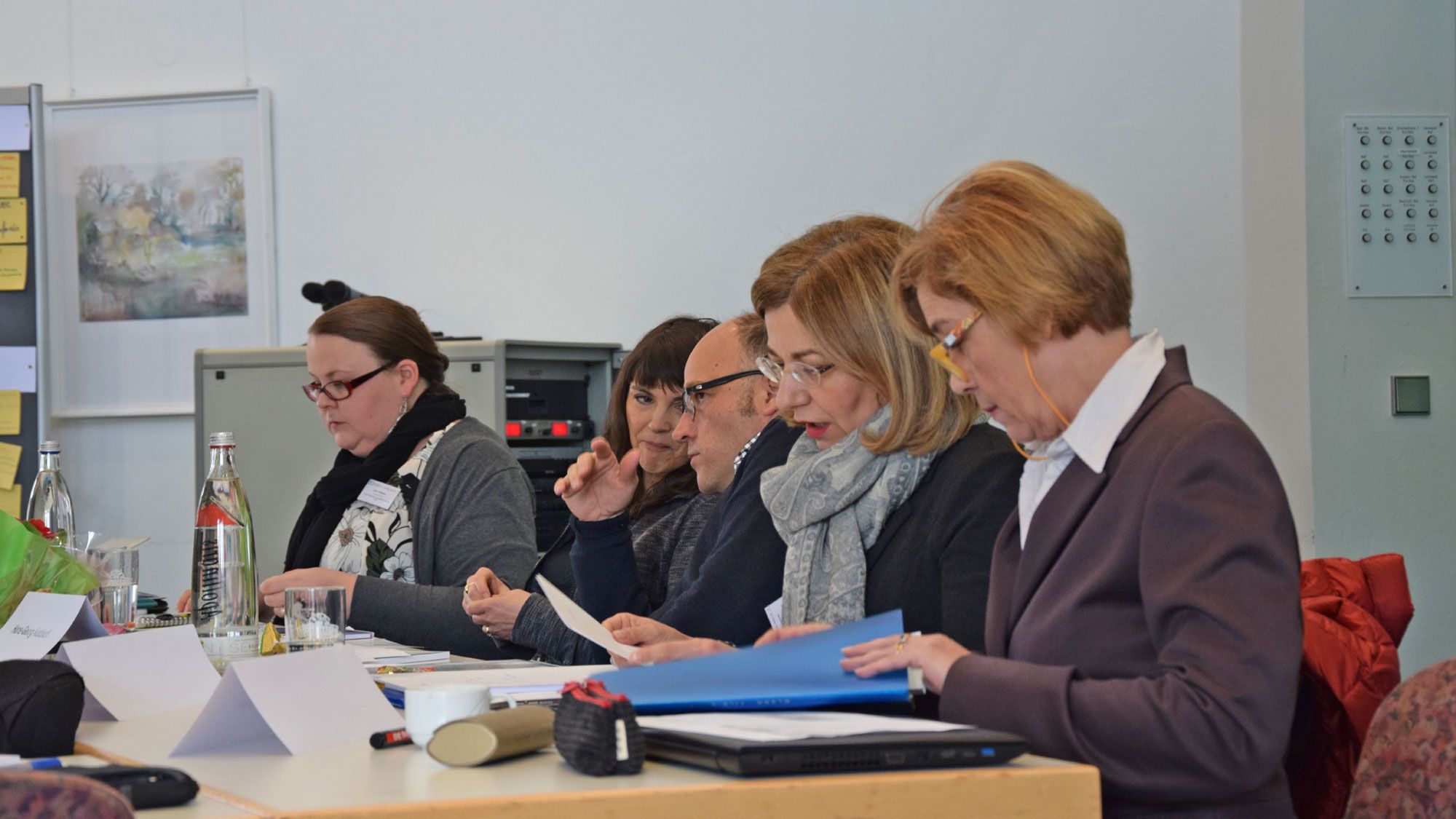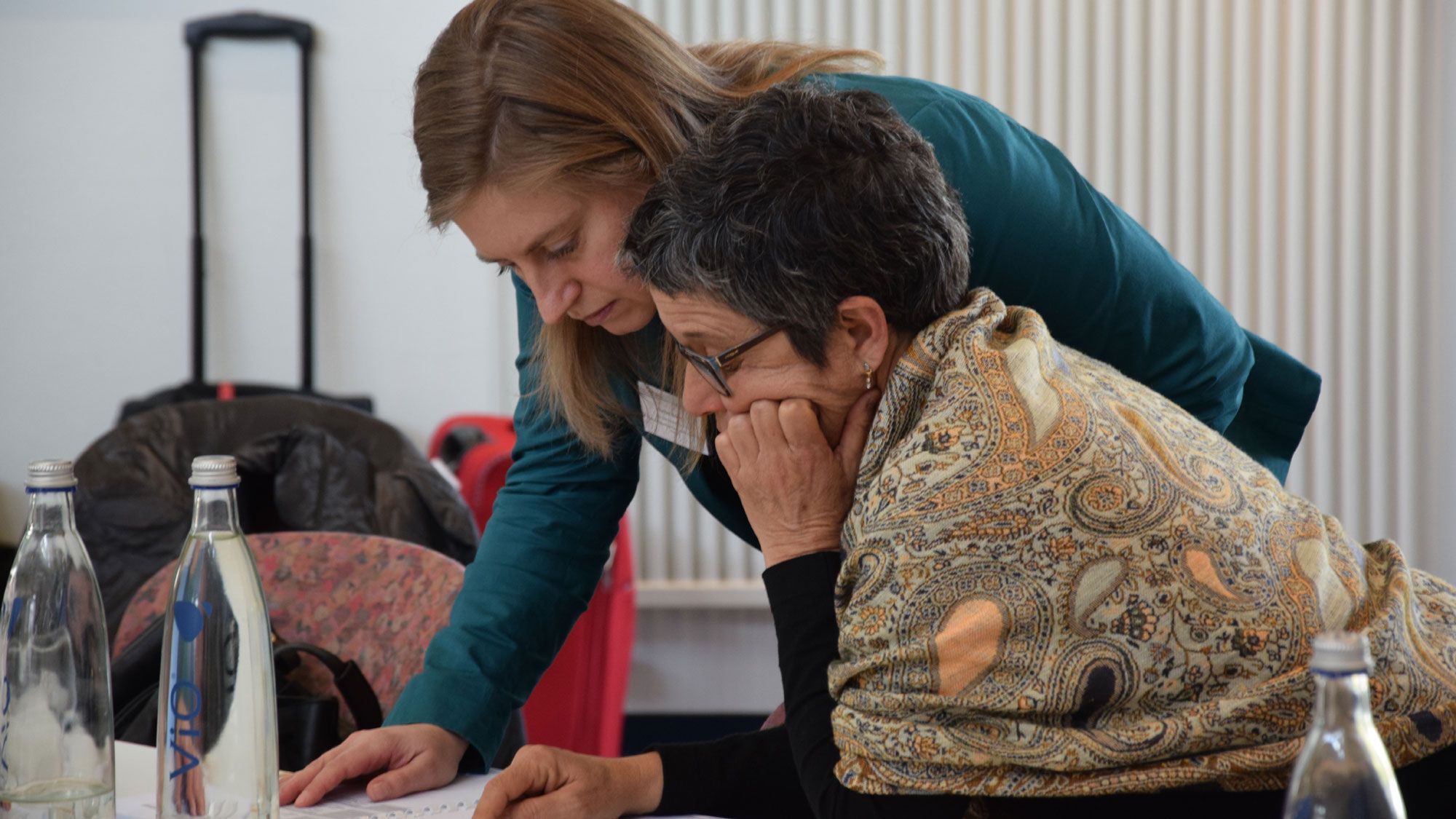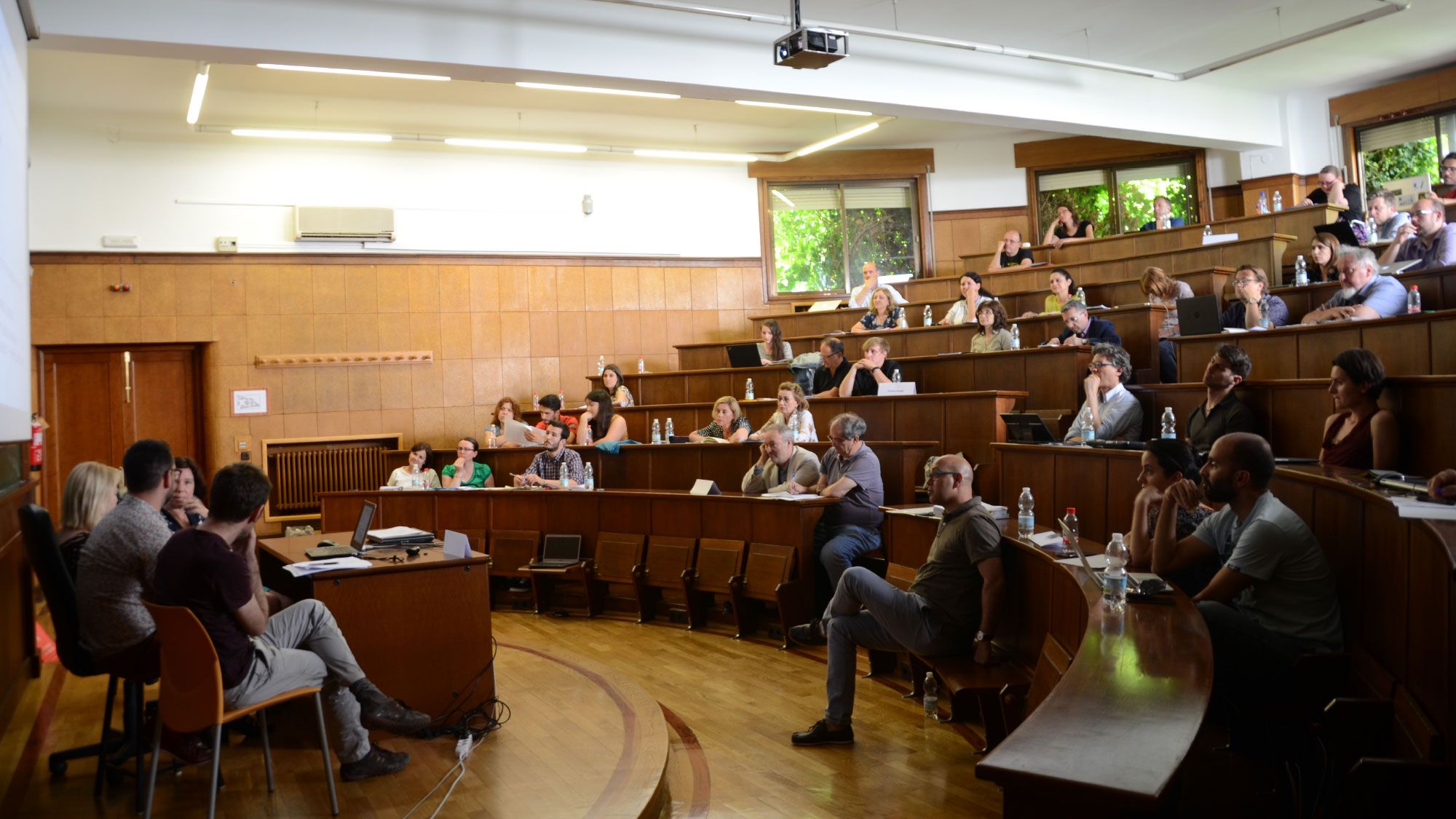Young Adult
Youth and young adult, conceived as a transitory stage between childhood and adulthood, is in fact a “modern” social category. In this (historical) perspective, youth is understood as a construct of the “modern industrial society” that, being centred on production and working life, is an adult-centred society. It has been discussed from the perspective of various disciplines (e.g. developmental psychology, clinical medicine or biology), putting forward different foci.
Seen from a social science perspective, young adult can be understood as a heuristic category according to which young adults are a socially constructed group in between youth and adulthood yet not only in a temporal sense, but also in an institutional understanding. Current Life Course research discusses the extension of youth as a new social development, thus detecting a separation from biography and life course that reveal a de-standardization of what is considered a “normal biography” in favor of non-linear and fragmented adolescence. This development can be traced back as a result of great social transformations, such as shifts in schooling and higher education, in the youth labour market and in the nature of family and intimate relationships, taking youth transitions longer to be completed and without a linear movement toward an independent final condition along with blurring of the boundaries between the phases of youth and adulthood (Cavalli & Galland, 1993; Walther, 2002). However, despite this changing nature of a ‘final condition’, adulthood is still defined as the arrival point of the process of growing, and youth as a phase of ‘becoming’ more than of ‘being’, a sort of “deficit of the adult state” which justifies differential treatment in terms of social power and recognition (Jones, 2009).
Yet, since this state of being ‘in between’ or ‘becoming’ has become prominent, the European Group for Integrated Social Research (EGRIS) has analysed these transitions since the mid-1990ies and coined the term “yoyo transitions” as they display the being in between youth and adulthood of young adults (Stauber & Walther, 2016):
- reversibility: transitions are not mono-linear anymore, but reversible because of different reasons as for instance new options of personal life planning, unemployment or end of partnerships;
- fragmentation: with longer transitions into work, other transitions (family, living, life style etc.) become decoupled, however, still maintain an inherent biographical interconnection;
- simultaneity: the self-identification alternates between adults and youth (‘in-betweenness’);
- diversification: transitions correspond less to what are considered normal biographies and involve more and more personal risks to which the individuals are held responsible;
- individualization: young people have to make their own decisions and take responsibility for them, which does not imply increases freedom of choice, rather a continuation of inequalities.
Thus, Stauber & Walther propose to consider the concept young adult as a heuristic rather than analytical category in order to use it for a reflective reassurance and deliberation of biographical transitions. Important thematic aspects that characterise this heuristic category are education, work, poverty and exclusion, family and habitation, identity building in terms of sex and gender and transitions according to specific life styles as well as peers and starting a family. Moreover, the phase of ‘young adult’ is a neglected condition of life by social policy. Thus, it is characterised by being in between youth and adulthood also in terms of institutional anchoring, as for instance in terms of youth policy, labor market policy, criminal law or child and youth welfare, as well as concerning the perception and identification in society and politics that pose particular challenges in terms of transitions (Stauber & Walther, 2016).
Despite these great transformations, the individuals remain differentially capable of making choices and that social class, gender and race as well as the structure of welfare states and public subsidies continue to exert a strong influence on young people’s lives (Walther, 2006). Young adults actively meet these circumstances and challenges in order to be able to develop, within a given societal and discursive context, sustainable life projects and to create subjective meaning and continuity along the different phases, domains, and spheres of their life courses and transitions in particular.
In the YOUNG_ADULLLT research young adults are understood as target groups of LLL policies, particularly those in vulnerable positions, that have to cope with societal needs and expectations while building their own life projects along various transition regimes (from school to work) and living conditions across Europe. Therefore, the phase of life ‘young adult’ is used according to Stauber & Walther (2016) as a heuristic category that allows to incorporate the different understandings of the phase within the various countries participating in the research.
References
Cavalli, A. & Galland, O. (1993). L’allongement de la jeunesse, Arles: Actes sud.
Jones, G. (2009). Youth. Cambridge: Polity Press.
Stauber, B. & Walther, A. (2016). Junge Erwachsene. Eine exemplarische Lebenslage für die Ausformulierung einer Sozialpädagogik des Übergangs, in: Schröer, W.; Struck, N. & Wolff, M.: Handbuch Kinder- und Jugendhilfe. Weinheim, Basel, pp 135-163.
Walther, A. (2002). Misleading trajectories: Integration Policies for Yong Adults in Europe? EGRIS publication, Wiesbaden: Springer Fachmedien.
Walther, A. (2006). Regimes of youth transitions, choice, flexibility and security in young people’s experiences across different European contexts. Young, Vol. 14, No. 2, pp. 119?39.
This entry is a revised version of the Partispace entry ‘Youth and Young Adulthood’
(Anne Weiler, Franziska Wutzkowsky & Marcelo Parreira do Amaral)







